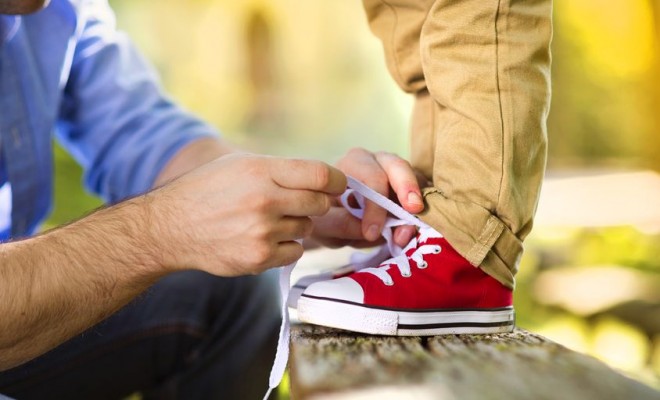
Childcare Environments
What Do We Really Mean by School Readiness?
Author, teacher and trainer Sue Cowley discusses the hot topic of school readiness
Author, teacher and trainer Sue Cowley discusses the hot topic of school readiness and sheds some light on what early years practitioners are referring to with this, sometimes ambiguous, term.
“School readiness” is often seen as a crucial goal for early years settings to achieve for their children, but what does the term actually mean, and how should it affect our day-to-day work as practitioners? The answers to these questions vary according to the role you play within the sector and also on the perspective you take on early child development. When examining the implications of the phrase, it is useful to consider whether “school readiness” is about children being ready to move into a school setting from a private, voluntary run or independent (PVI) one, or whether it is about the move from the Foundation Stage into the more formal environment of Key Stage One. In its report “Are you ready? Good practice in school readiness”, Ofsted noted that: “There is no nationally agreed definition” of the term. Consequently, when discussing this concept, people can be talking about very different things.
School readiness
The term “school readiness” is often defined using a deficit model – it is described in terms of what the children cannot do, rather than what they can. In his speech following the publication of the Ofsted Early Years Annual Report in 2015, Michael Wilshaw identified “a yawning gap in school readiness between the most advantaged and the poorest children”. He said that children from disadvantaged backgrounds were “less likely to be able to follow instructions, make themselves understood, manage their own basic hygiene or play well together”. He went on to call for more two year olds to be in school settings (although whether he meant that two year olds need to be “school ready” at such an early age is an interesting question to ask). While reaching a goal such as toilet training is clearly important for children, it was interesting that Wilshaw did not focus on children’s dispositions to learning in his speech. His definition of “school readiness” seemed to be more about the things that make life run more smoothly for the adults.
Ofsted note that: “There is no nationally agreed definition” of the term. Consequently, when discussing this concept, people can be talking about very different things.
In 2013, PACEY (Professional Associate for Childcare and Early Years) published a report into what childcarers, teachers, parents and children felt being “school ready” meant. A large majority of respondents felt that it was about social skills, emotional readiness to cope with separation from parents or carers, being relatively independent in personal care, feeling curious about the world and wanting to learn. In their report, PACEY noted concerns about the “schoolification” of the early years and the pressure to move away from play-based approaches and towards formal learning, at an ever-earlier age. The report concluded that the “government should do more to promote play in early education” and that “childcare professionals’ interpretation of the term “school ready” is in stark contrast to that often stated by policy makers and regulators in England”. While practitioners understand the value of play, policy makers and regulators often seem more focused on ‘academic learning’, in the form of direct teaching and adult directed activities.
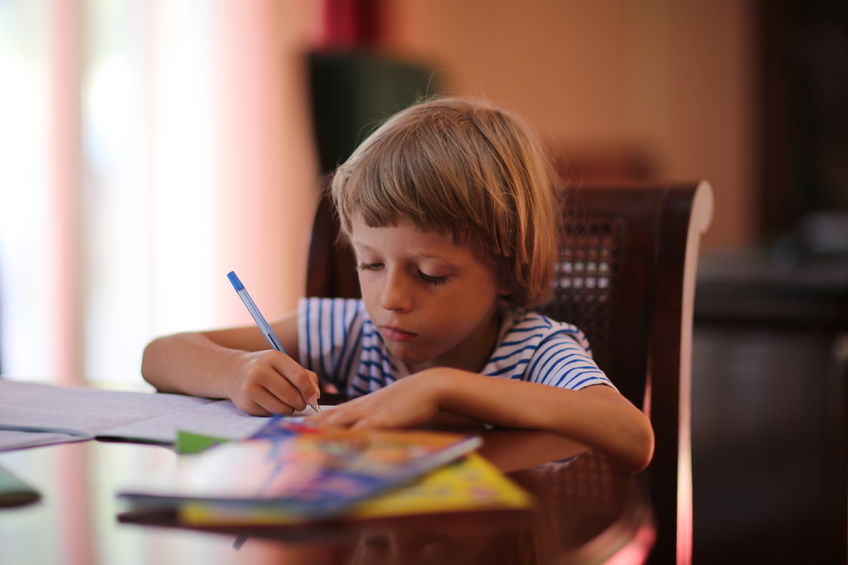
As soon as you start exploring the concept of ‘school readiness’, the question of school starting age becomes an important part of the discussion. Although in most of Europe it is only compulsory for children to be in full time education at six years of age, in England, Wales and Scotland the school-starting age is five years old. Northern Ireland has the youngest starting age in Europe, at four years old. With the advent of government-funded childcare, children are increasingly in some kind of early education from a very early age. It is therefore crucial that we consider the question of what this education should look like. A review of the research evidence on school starting age, published by Cambridge University, clearly points to “the importance of play in young children’s development”. The review notes how play is an adaptation that evolved in early human social groups, and which “enabled humans to become powerful learners and problem-solvers”. Although high quality early education is important, the research shows that there is no benefit in beginning more formal schooling at an earlier age. In Scotland, a campaign has been started to create a kindergarten stage for children aged three to seven.
EYFS Developmental Milestones – Download Free eBook
What, then, can settings do to help their children get ready to succeed in the transition to school? In our setting, we take lots of small steps, over a child’s time with us, to help them feel ready when the moment arrives. For us, it is not only about supporting children to develop their skills, curiosity and independence, it is also about getting them used to the idea of handling change with confidence. We believe that the first step is to help them settle into our setting as smoothly as possible. To achieve this, we use home visits, we have a dedicated ‘settling in’ person, and we allow parents to stay and play with their child when they first start, for as long as they wish. After all, this transition it is not only about the child being ready to separate from the parents, it is also about the parents being ready to separate from the child.
It is possible to argue that the term “school readiness” is unhelpful and potentially damaging – that it makes children sounds alarmingly like they are some kind of “oven ready” product.
During the time that children are with us, they will come into contact with students and teachers from the local primary schools on numerous occasions. For instance, our children attend primary school sports days and nativity plays, and we sometimes hold shared fundraising events. We also run a joint storytelling project, where the primary school children visit us to tell stories, and we visit them, sharing our learning with each other. Our practitioners have regular conversations with the primary teachers, and we pass on assessment information to support them in understanding each child’s strengths and areas for development at transition. Although we are on separate sites, it sometimes feels more like we are all parts of the same family, rather than separate entities. To us, “school ready” means that the children are ready to make a smooth transition to the next and exciting phase of their education – that they stay happy and confident in their learning when they move on from us.
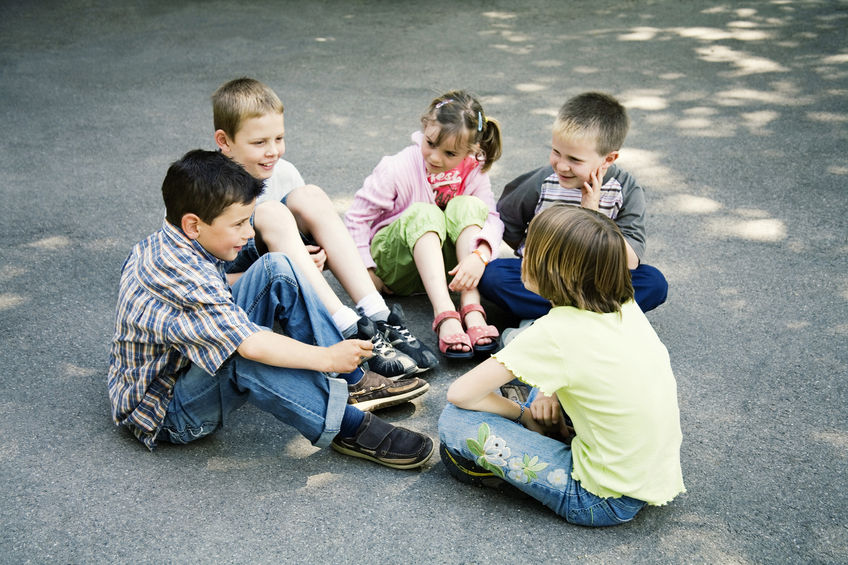
Of course, it is also possible to argue that the term “school readiness” is unhelpful and potentially damaging – that it makes children sounds alarmingly like they are some kind of “oven ready” product. If we persist in having the earliest school starting age in the whole of Europe, and if so many of our smallest children are in early years settings, then perhaps we need to think more about accommodating our youngest learners, rather than putting pressure on them to develop faster. Maybe we need to flip our thinking over on the subject of “school readiness” and, instead of insisting that children are ready for school, we should ask how schools plan to get ready for them.
Useful Links:
“Are you ready? Good practice in school readiness” Report from Ofsted
Ofsted Early Years Report 2015
Text of the speech made by Michael Wilshaw on the publication of the Ofsted Early Years Report 2015
“What does ‘School Ready’ really mean?” – PACEY Report
School Starting Age – The Evidence
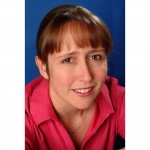
Sue Cowley is an author, teacher and trainer, and she has helped to run her local preschool for the last seven years. Her latest book “Road School” tells the story of what happened when she and her partner took their children out of school for six months, to educate them ‘on the road’. It will be published by Crownhouse in November.


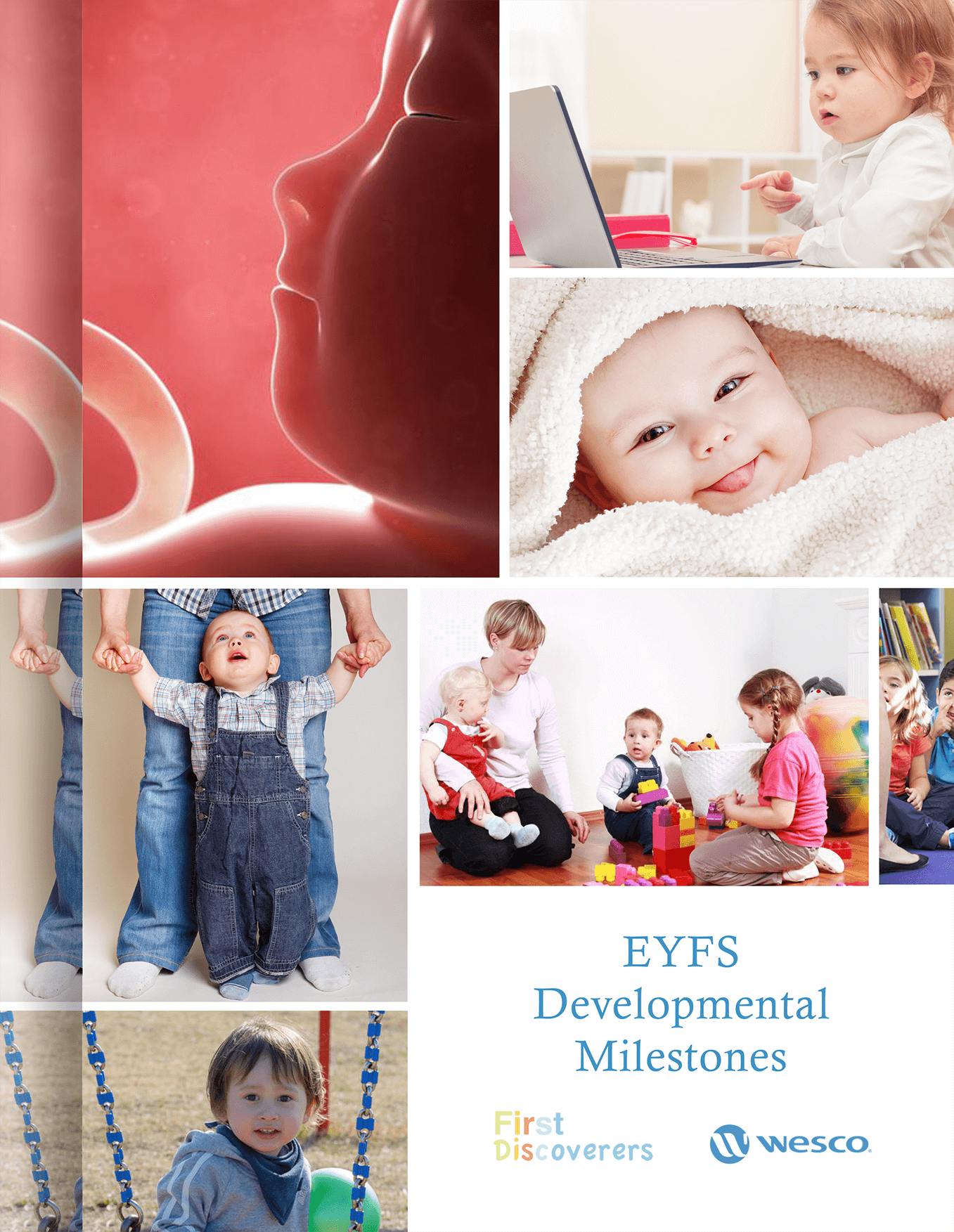
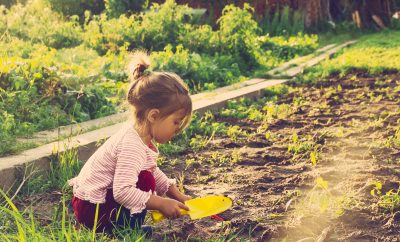
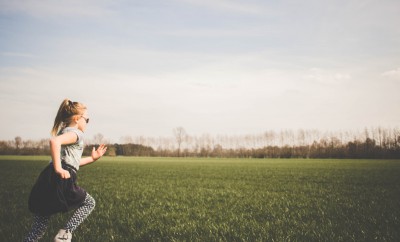
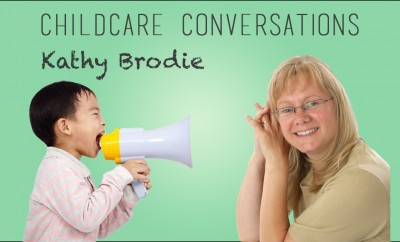

3 Comments
You must be logged in to post a comment Login